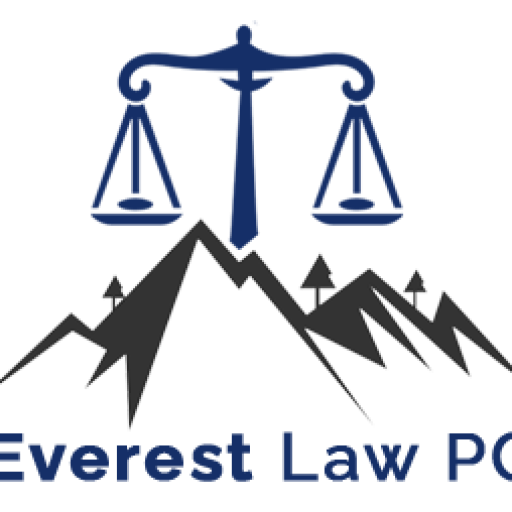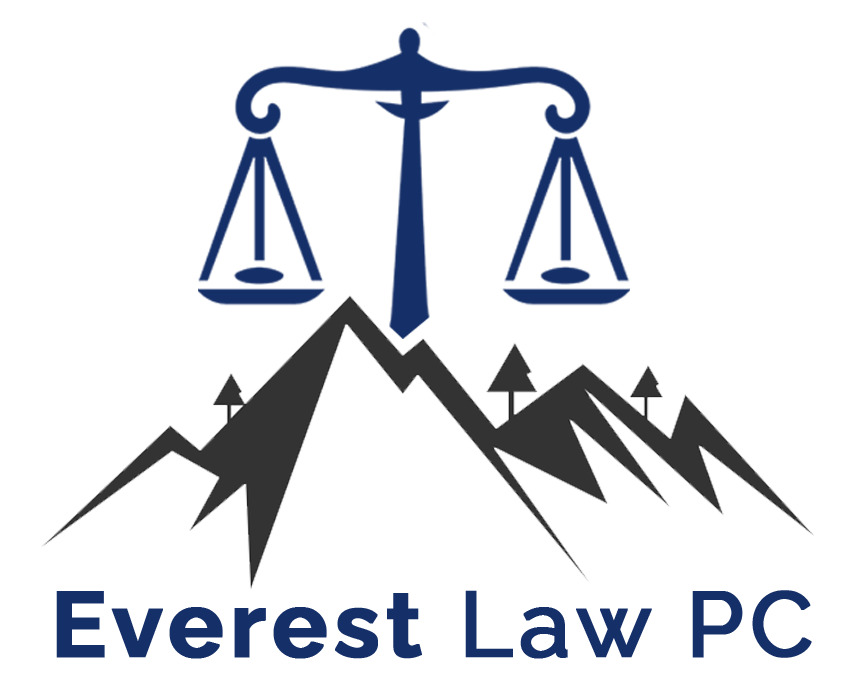FAQ
CREDIT CARD EVEREST LAW PC FAQS
At Everest Law, our specialized focus is on assisting consumers dealing with credit card debt. This concentrated expertise enables us to adeptly defend individuals against debt collectors, bill collectors, credit card companies, and their legal representatives. We offer potential assistance in various scenarios, including:
- Receiving a court summons related to an old credit card debt.
- Facing wage garnishment due to a court judgment stemming from a credit card lawsuit.
- Dealing with a default judgment that has been issued.
- Missing a court appearance concerning a credit card lawsuit.
- Being contacted by bill collectors regarding credit card debt and seeking legal representation for negotiation or defense.
- Having inquiries about old credit card debt that has been left unpaid, with concerns about future implications.
Our team of knowledgeable attorneys is here to provide guidance and advocacy tailored to your specific credit card debt situation.
Navigating credit card wage garnishment laws can be complex and vary by state. The good news is, there may still be avenues to explore. By meeting specific legal criteria, such as being the head of household, receiving social security or disability benefits, or having property owned as tenancy by the entireties, you may qualify for exemptions that could lead to the return of garnished funds. However, it’s essential to be aware that debt collectors might deliberately delay the process of returning your money even after a court order is issued.
An experienced consumer lawyer can guide you through your state’s wage garnishment laws, identify applicable defenses, assist in filing necessary paperwork, and counter any tactics used by credit card companies’ legal teams to prolong the return of your funds. It’s crucial to contact a consumer lawyer, particularly one specializing in debt lawsuit defense, who can assess your situation and determine if it’s possible to reverse the garnishment according to your state’s laws. In some instances, it might even be feasible to demonstrate that the judgment itself is void, leading to its nullification.
Examining the fine print of your credit card agreement reveals a critical section known as the “choice of law” or “governing law” provision. This provision specifies the state whose statute of limitations may serve as a potent defense in your lawsuit. For instance, in the case of Delray vs. Capital One Bank, the statute of limitations of the state referenced in this provision proved to be a robust defense.
While the Florida statute of limitations can be a defense, the statute of limitations of another state listed in the credit card contract’s fine print might offer even stronger defenses. However, if debt collectors fail to provide the credit card agreement or neglect to specify a choice-of-law provision, proving it could become necessary. Nonetheless, from my experience, it’s often feasible to significantly reduce the statute of limitations from the previously accepted “5 years from the date of last payment,” as commonly believed by the Miami-Dade court system and debt collectors.
The Florida credit card statute of limitations is a complex and contentious matter, generating debates among debt collection attorneys, judges, and consumer lawyers statewide. Only a select few consumer attorneys possess a deep understanding of its intricacies. It’s imperative to consult a consumer lawyer well-versed in statute of limitations defenses for credit card debt to navigate this nuanced issue effectively.
Failing to appear in court as ordered can lead to a default final judgment, akin to conceding a victory to the opposing side. However, an experienced consumer lawyer can potentially overturn this default judgment, granting you the opportunity to mount a defense with competent legal representation at your side. With skilled advocacy, there’s a strong chance of winning the case outright, sparing you from having to pay the debt collector.
It’s crucial to understand that appearing unprepared and assuming leniency from the judge and opposing counsel due to financial hardship is ineffective. Admitting to lack of funds often results in the court issuing a final judgment against you for the full amount sought. Once such an admission is made or a settlement stipulation is signed in court, there’s limited recourse for consumer lawyers.
If you’ve received a default judgment, the situation might not be as dire as it seems. Consulting a consumer lawyer and reviewing the case details and judgment can be enlightening. While a default judgment can be vacated, a signed settlement agreement or admission to the debt and its amount cannot be easily reversed.

Everest Law PC
- Office Phone: (800) 738-5009
- Email: service@everestlawpc.com


